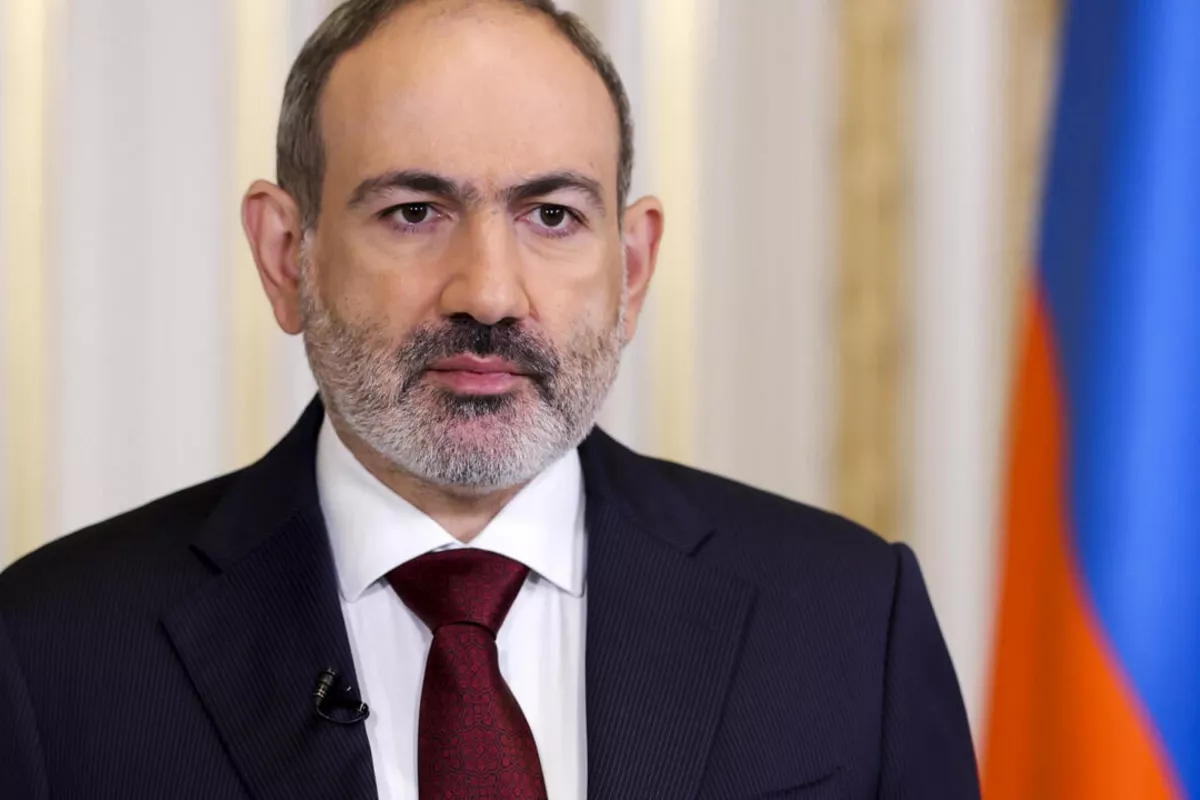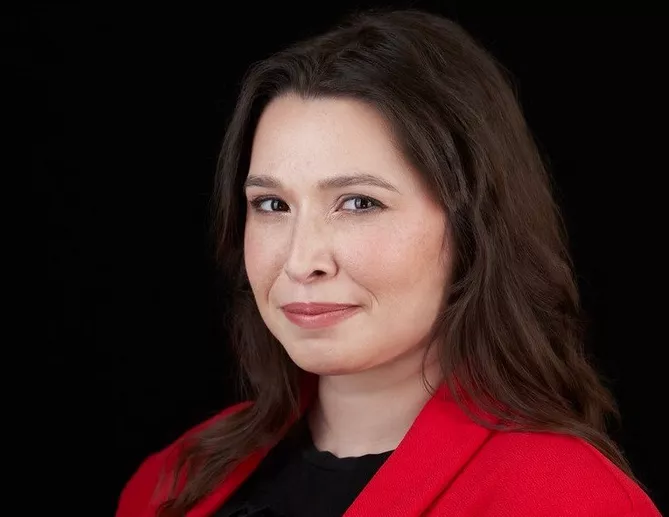
photo: France 24
On July 16, Armenian Prime Minister Nikol Pashinyan broke the routine of his regular press conference, turning it into something more than just a report by the head of the executive branch. It was a programmatic statement. A political declaration. A manifesto amid the ruins of old illusions.
From the podium that had previously delivered technocratic rhetoric came a challenge-not only to Moscow and the opposition but also to the established coordinates of Armenian politics. This was no longer about specific decisions but about a complete reconfiguration of Armenia’s foreign policy vector, a reassessment of alliances, and the redefinition of sovereignty as the main political currency of our time.
What lies behind this challenge? What will it mean for Yerevan, Moscow, and Baku? And how far is Pashinyan willing to go in shaping a new Armenia?

These questions are explored in an interview with Irina Tsukerman, an American expert in international law, analyst, and commentator on global affairs, for The Caspian Post.
- Ms. Tsukerman, can Pashinyan’s speech be seen as the beginning of a systematic dismantling of Armenia’s previous foreign policy architecture?
- Undoubtedly. What we are witnessing is not just a shift in tone, but a complete replacement of the foreign policy paradigm. The Prime Minister’s address marked the start of a new phase-one defined by a reevaluation of priorities, disillusionment with traditional alliances, and a cautious but increasingly clear turn toward the West. Where institutional rationality was once the key message, we now see political rupture and resolve. Pashinyan’s skepticism toward the CSTO and Russia’s strategic commitments leaves no room for previous interpretations. This is not a revision-it’s an exit. Armenia no longer views Moscow as a security anchor and is instead betting on a multipolar order that looks to Brussels, Paris, and likely Washington.
- The Prime Minister also openly criticized the opposition and the Armenian Apostolic Church. Is he risking deeper internal confrontation?
- It was a bold and almost unprecedented move. In Armenia, the Church is both a religious institution and a structural component of collective identity. By accusing it of destabilization, Pashinyan knowingly crossed a red line, signaling that taboos no longer exist. He is constructing a new legitimacy, one in which his cabinet-not the Church or the opposition-becomes the sole center of decision-making. Amid political turbulence, this is both a defensive strategy and an attempt to rally society around a new model of sovereignty-civil, rather than church-based or nationalist.
- Pashinyan also announced plans to reorient the economy toward multi-vector cooperation. How realistic is this strategy?
- Given the deterioration of relations with Moscow, sanctions-related pressure, and economic fragility, this is less a choice than a necessity. Europe, India, Iran, China-these are all elements of the new equation Pashinyan is trying to piece together. Ideally, he aims to diversify dependencies, reduce vulnerabilities, and reboot the economic engine through access to external markets. But the reality is more complex: the infrastructure is tailored to the Eurasian Economic Union, and business is deeply connected to Russian capital. As a result, Armenia will likely focus on Franco-European programs, Chinese projects, and potentially regional transport initiatives. This is a survival strategy, but also one of potential growth-if Armenia can escape the grip of its past.
- Can we expect a formal shift in foreign policy soon-perhaps even withdrawal from the CSTO or deepened dialogue with NATO?
- That’s clearly where things are heading. We’re no longer dealing with ambiguity but with the deconstruction of the old foreign policy framework. I’m almost certain that in the coming months, we’ll see moves to freeze or sever Armenia-Russia military ties, withdraw from the CSTO, and perhaps even initiate a referendum on national security issues. A request for partnership status with NATO is possible-first as political dialogue, then through reform initiatives. Within this new framework, Armenia is already positioning France as a key strategic intermediary, particularly in defense.
- Could distancing from Moscow open the door to a final settlement between Armenia and Azerbaijan?
- Only if words are followed by actions. Abandoning revanchist rhetoric, recognizing the post-2020 realities, delimiting borders, and beginning to unblock regional communications-these are tangible steps that could pave the way toward a peace agreement. Azerbaijan has long made its position clear: territorial integrity, international law, and non-interference. Pashinyan has an opportunity to act proactively-if he truly seeks peace rather than a new patron. The real question is whether he has the political will. And whether his multi-vector approach will bring clarity-or result in geopolitical fragmentation.
Thus, on July 16 in Yerevan, an era came to an end. Momentum has shifted. Armenia is entering a phase of reconfiguration-complex, risky, but potentially redemptive. Whether Pashinyan can lead the country across this “narrow bridge” will depend not on rhetoric but on action.
One thing is clear: the geopolitical pendulum has swung once again. And the world around Armenia will never be the same.
Share on social media